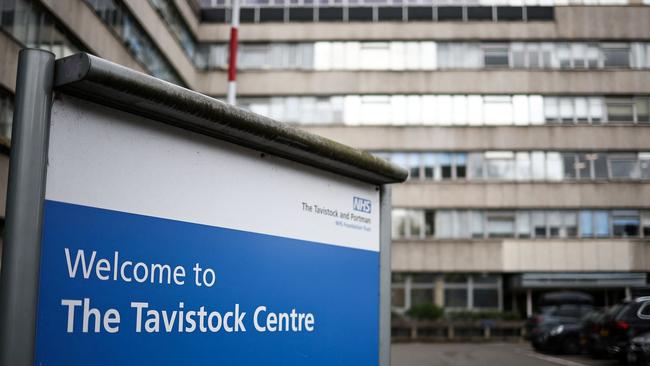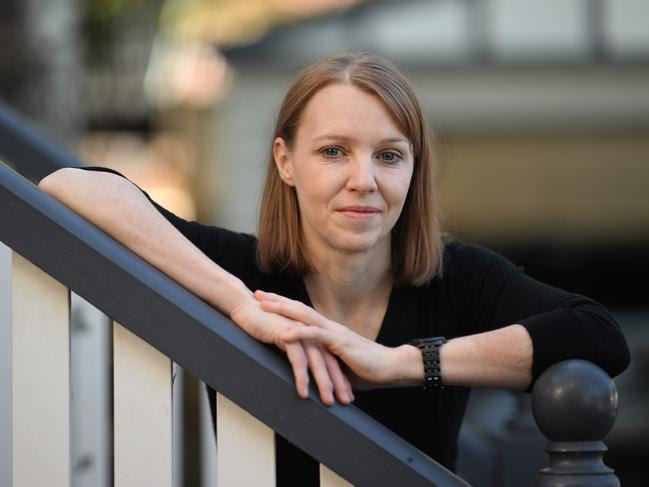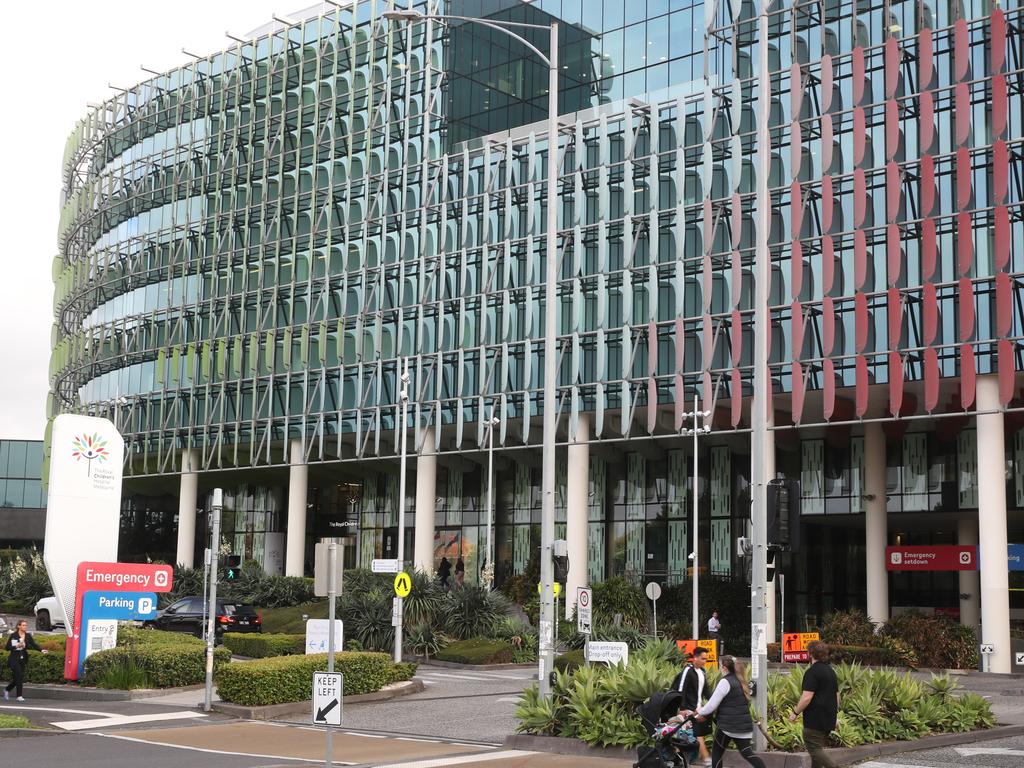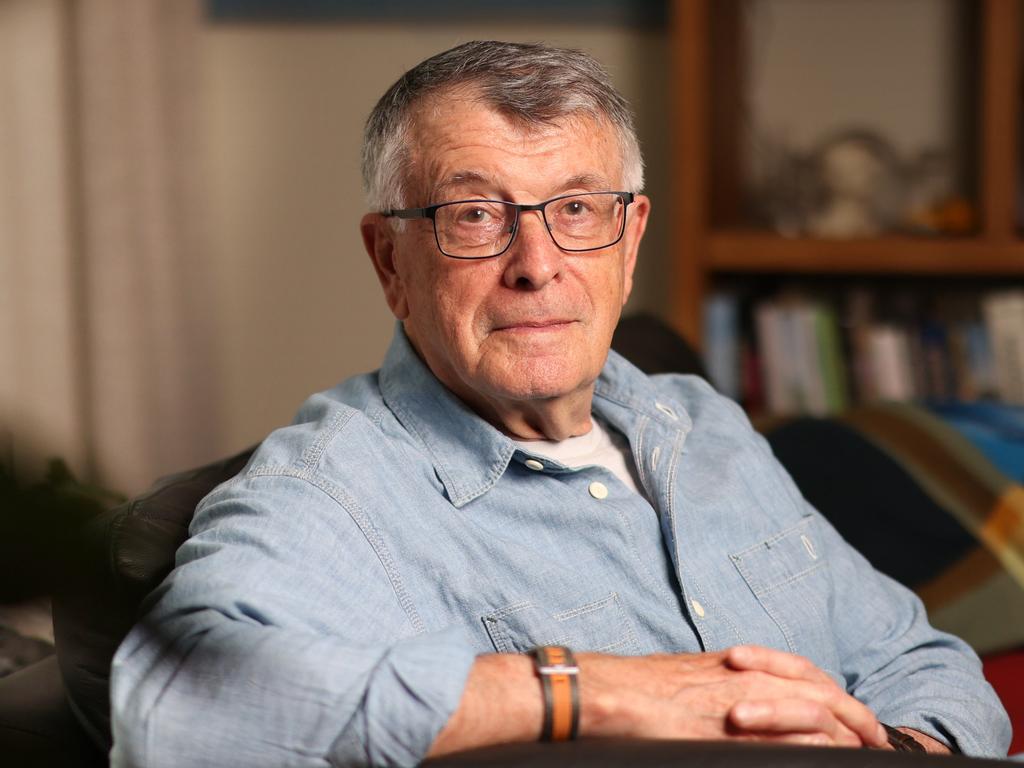Rights versus evidence as gender wars rage
Australian clinicians have led an international team of authors warning of the likely ‘serious human cost’ of unresolved tensions in medicine, politics and culture over gender identity and care.

Australian clinicians have led an international team of authors warning of the likely “serious human cost” of unresolved tensions in medicine, politics and culture over gender identity and care of troubled teens amid a stark divide over gender-affirming care.
In an analysis of the worldwide split between a rights-based approach to treatment that continues to be pursued in Australia and a move by a host of nations towards evidence-based safeguards, the paper outlines growing international concerns over puberty blocker medicines.
The paper groups Australia as one of bloc of countries that have resisted revisiting the Dutch Protocol that underpins gender-affirming care for teenagers in the wake of systematic reviews internationally that have cast doubt on the efficacy and safety of the medical pathway that can involve drug-induced puberty suppression.
Australian state governments have strongly defended their health systems, which employ the approach in major children’s hospitals on the basis that gender services deliver holistic, multi-disciplinary care.
The Dutch Protocol was a new medical pathway for treating adolescents with gender dysphoria pioneered in the Netherlands in the 1990s and taken up around the world from around 15 years ago. It originally involved comprehensive biopsychosocial assessments and, for those deemed eligible, the use of androgen suppressors for natal males and menstrual suppression with progesterone for natal females. This was sometimes followed by the use of cross-sex hormones and gender-reassignment surgery.

The paper, published open access ahead of print by Sage Journals’ publication Human Systems, challenges the idea that Australia’s children’s hospitals differ markedly from the Tavistock Clinic in London, whose practices triggered the UK Cass Review that led to a total windback of the medicalised pathway of care. That is contrary to the arguments of many in Australia’s health sector who seek to differentiate Australia’s approach from the Tavistock.
The paper noted that countries adopting the Dutch Protocol, including Australia, “did so in the absence of any long-term outcome data” but mitigated risk by implementing that included practice within multi-disciplinary teams. However, in Australia, “there are no studies reporting long-term outcomes”.
This is the latest issue raised by a group of campaigners against a medicalised pathway for gender-questioning children, led by Queensland youth psychiatrist Jillian Spencer, in the wake of major controversies in academia in the US in which there had been active suppression of the results of government-funded research.

Dr Spencer is calling on the Royal Children’s Hospital Gender Service and its partner, the Murdoch Children’s Research Institute, to publish interim outcome data from their Trans20 research study and make the data available to other researchers. The study has been running since 2017 collecting long-term follow-up data and has published four papers reporting baseline data, but no comprehensive data on outcomes.
The lead authors of the latest preprint are one-time senior clinicians at the gender clinic at the Children’s Hospital Westmead, psychiatrist Kasia Kozlowska and endocrinologist Geoffrey Ambler. They are among a group of NSW clinicians who moved away from gender-affirming care at Westmead in the wake of their professional disquiet over the lack of evidence for the use of hormone treatments in children and concerns at rates of desistance and uncertainty over long-term safety.
In the preprint paper authored with clinicians and academics from a host of European countries and the US, including noted gender-critical campaigner Stella O’Malley, who founded Genspect, professors Kozlowska and Ambler document the split that has emerged internationally between a rights-based approach to gender medicine that emphasises self-determination, identity and body autonomy, depathologisation, and elimination of discrimination, versus “the rise of evidence-based medicine” and the reintroduction of guidelines centring on patient safety. They also express strong concern that conversion laws have led to clinicians being reluctant or unable to provide neutral exploratory psychotherapy to teenagers.
“More recently, in Finland, Sweden, and the United Kingdom, evidence-based guidelines based on the countries’ own systematic reviews have brought into focus questions pertaining to treatment efficacy and patient safety,” the authors write.
“Our perspective makes apparent that clinical practice in services whose guidelines are shaped by the rights-based approach has shifted away from holistic biopsychosocial practice. In many such services, the role of mental health professionals has moved away from the task of conducting comprehensive diagnostic biopsychosocial assessments to providing optional advice and support.
“The interplay – the push and pull – between the rights-based approach and evidence-based approach has created a complex dynamic that will take years to play out … there is likely to be a serious human cost.”

Australian services strongly dispute that they have moved away from prioritising mental health assessments and stress that many children seen at gender clinics do not progress to hormone treatments.
For independent feedback on the paper, The Australian consulted Monash University’s Paul Komesaroff, a professor of medicine specialising in endocrinology who also has a PhD in philosophy and is a widely published expert in health care ethics.
Professor Komesaroff agreed the Dutch Protocol had “quickly became a new orthodoxy in countries (that adopted it) and was enforced by what seemed to be an irresistible ideological consensus”.
“Subsequently, cracks have developed in this consensus, with doubts having been raised in relation to a number of issues, some of them supported by personal experience, some by systematic evidence and some (no doubt) by the force of opposing cultural ideologies.
“Where the authors go too far is in over-stating the conclusions. They oppose a “rights-based” with an “evidence-based” approach, but that is obviously tendentious and exaggerated: there is evidence on both sides and it is simply not the case that the proponents of the widely accepted currently accepted practices are no more than narrow ideologues who ignore the data.
“They also state that “Our perspective makes apparent that clinical practice in services whose guidelines are shaped by the rights-based approach has shifted away from holistic biopsychosocial practice”. I think this is an incoherent claim, simply because no-one yet knows what the correct position it, and there is certainly no universally accepted “holistic biopsychosocial practice”.
Nonetheless, despite these disappointing lapses, I think the paper is important and will make an important contribution.”






To join the conversation, please log in. Don't have an account? Register
Join the conversation, you are commenting as Logout